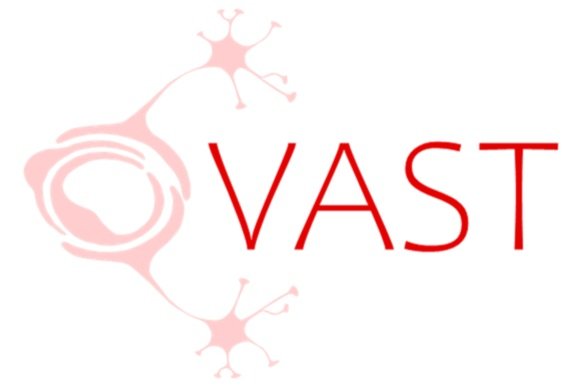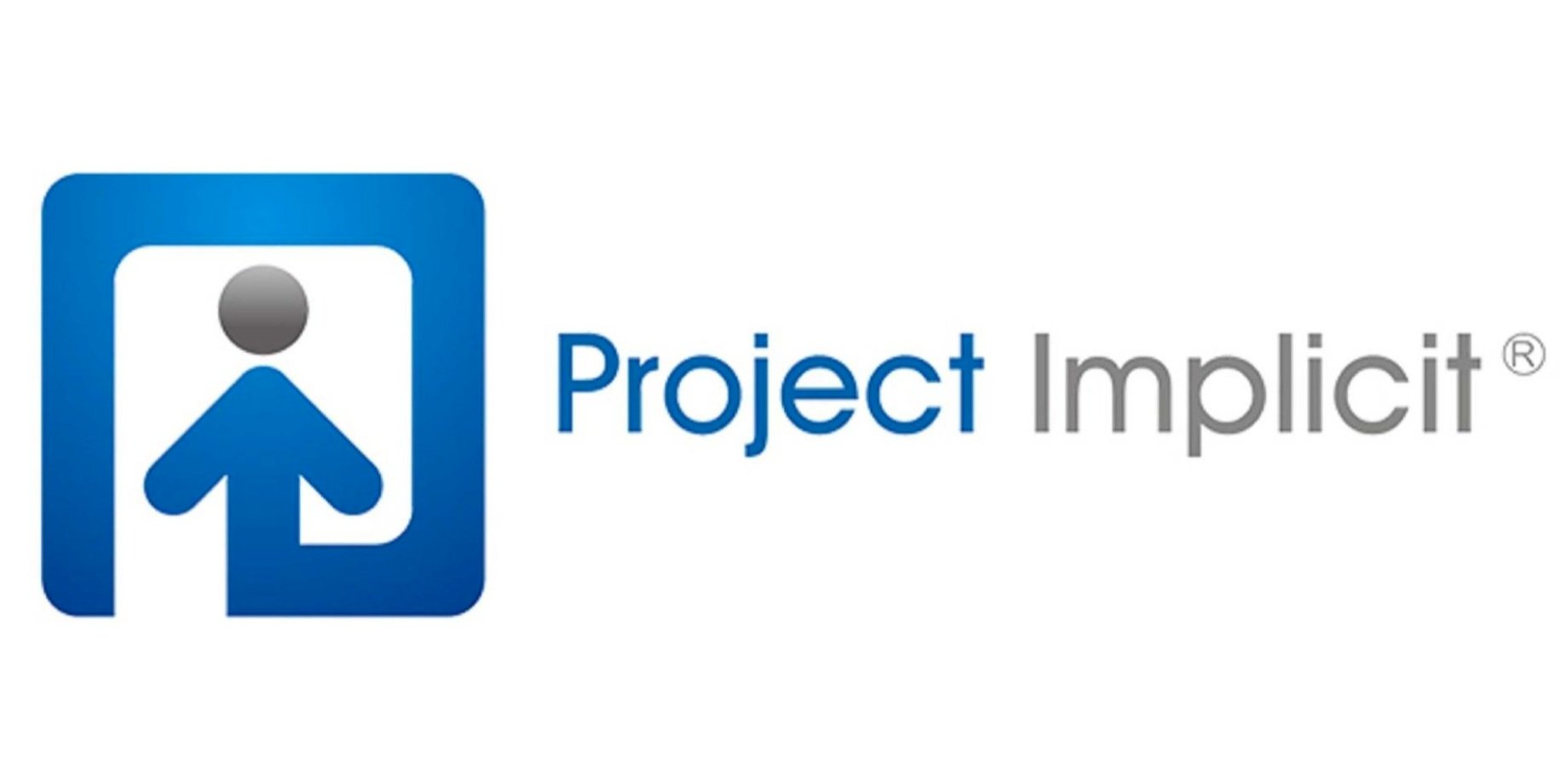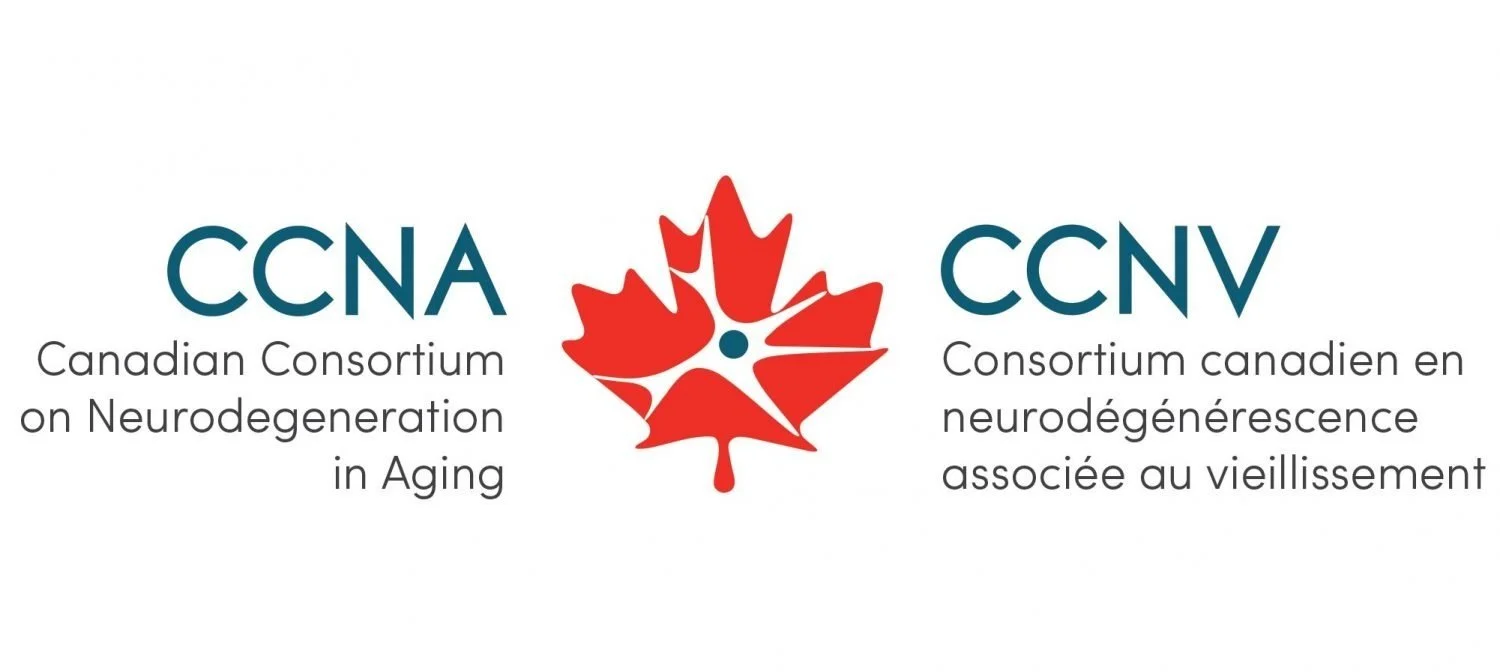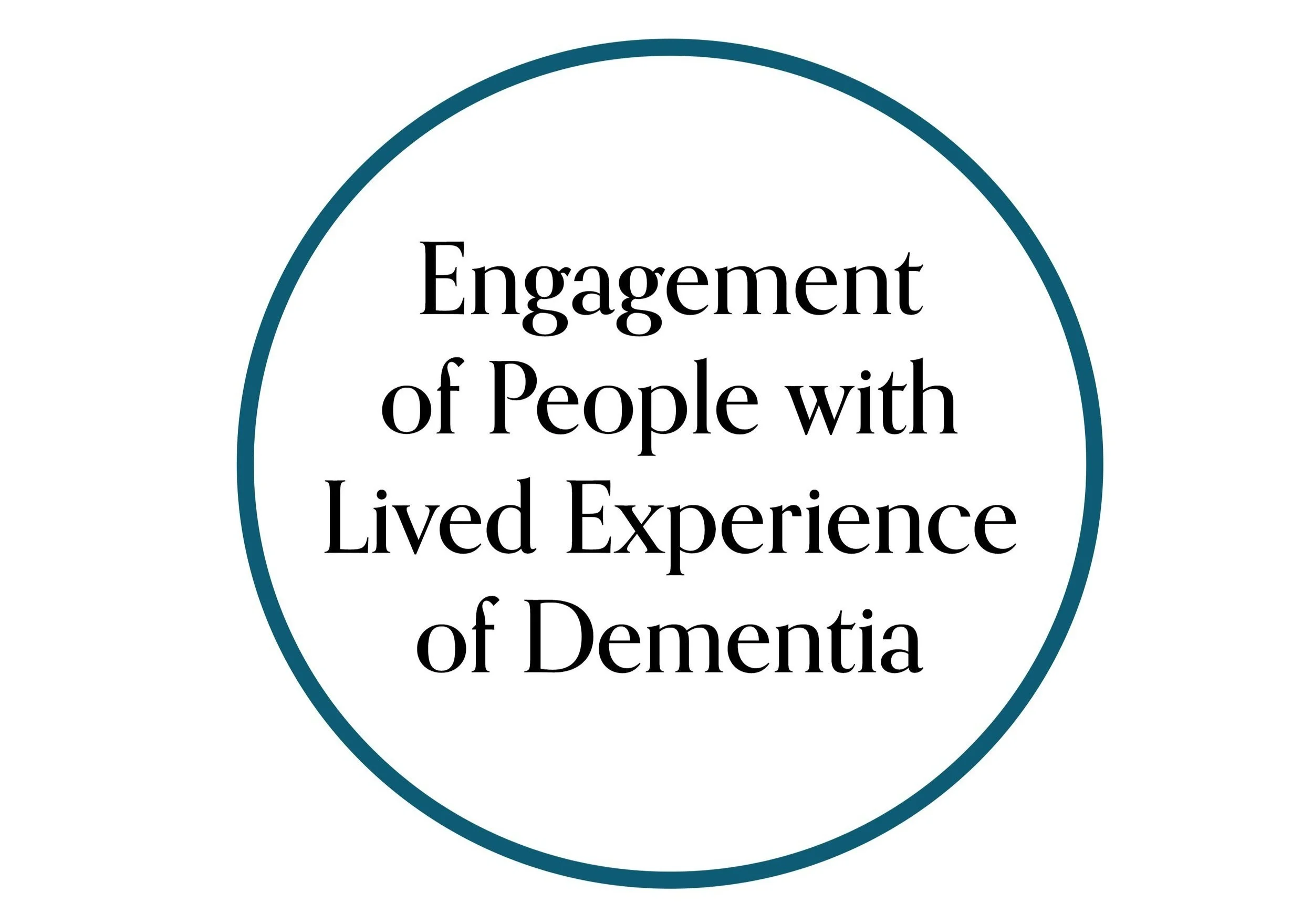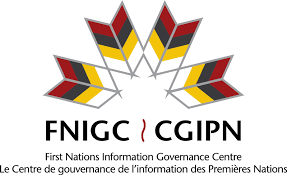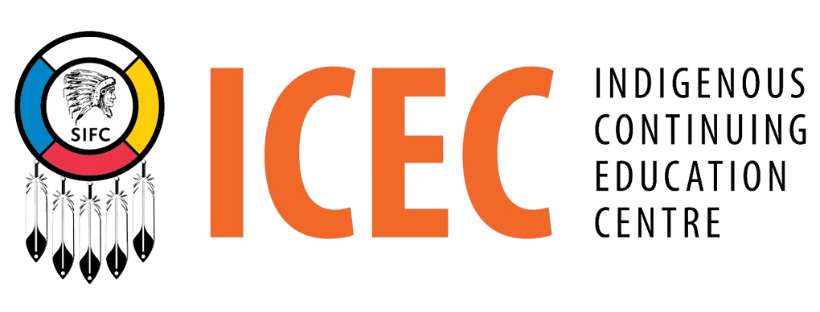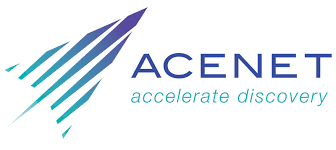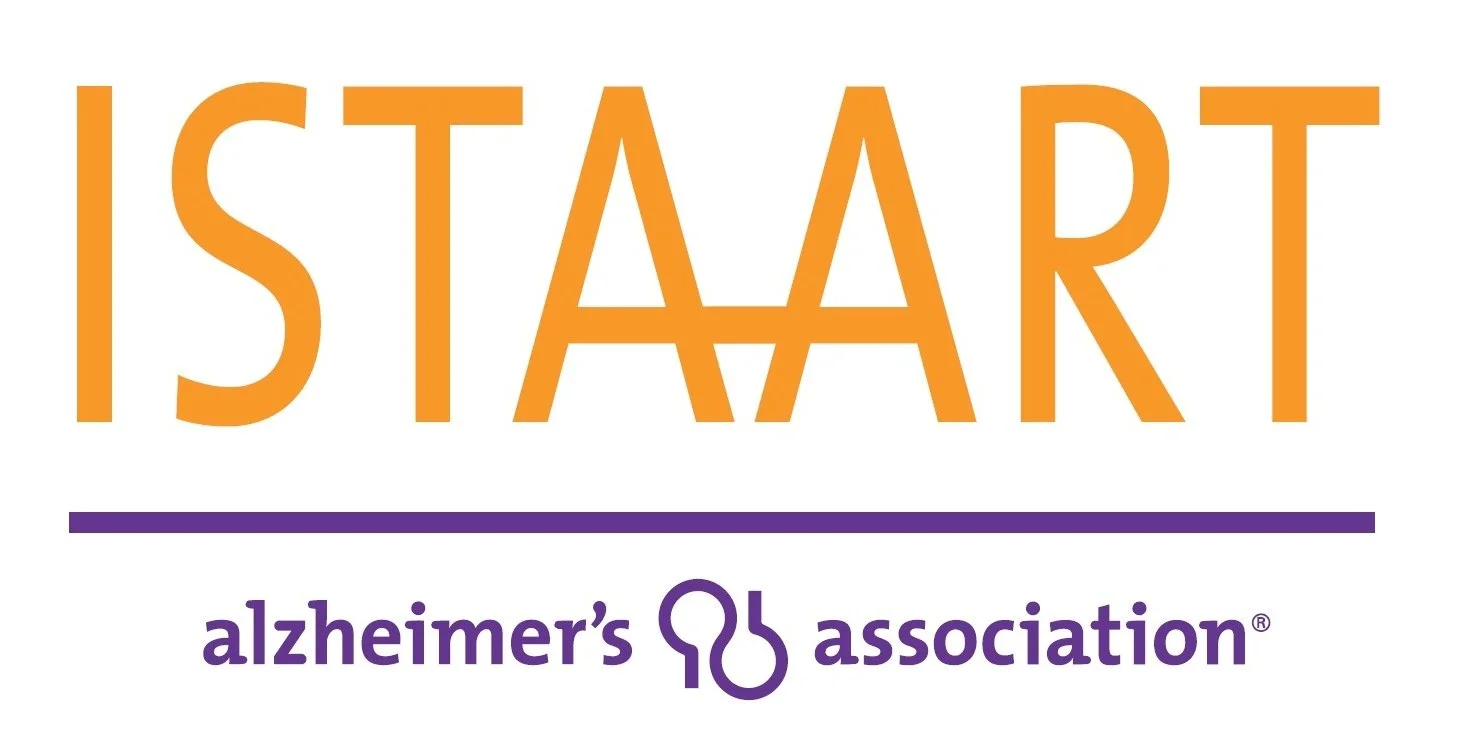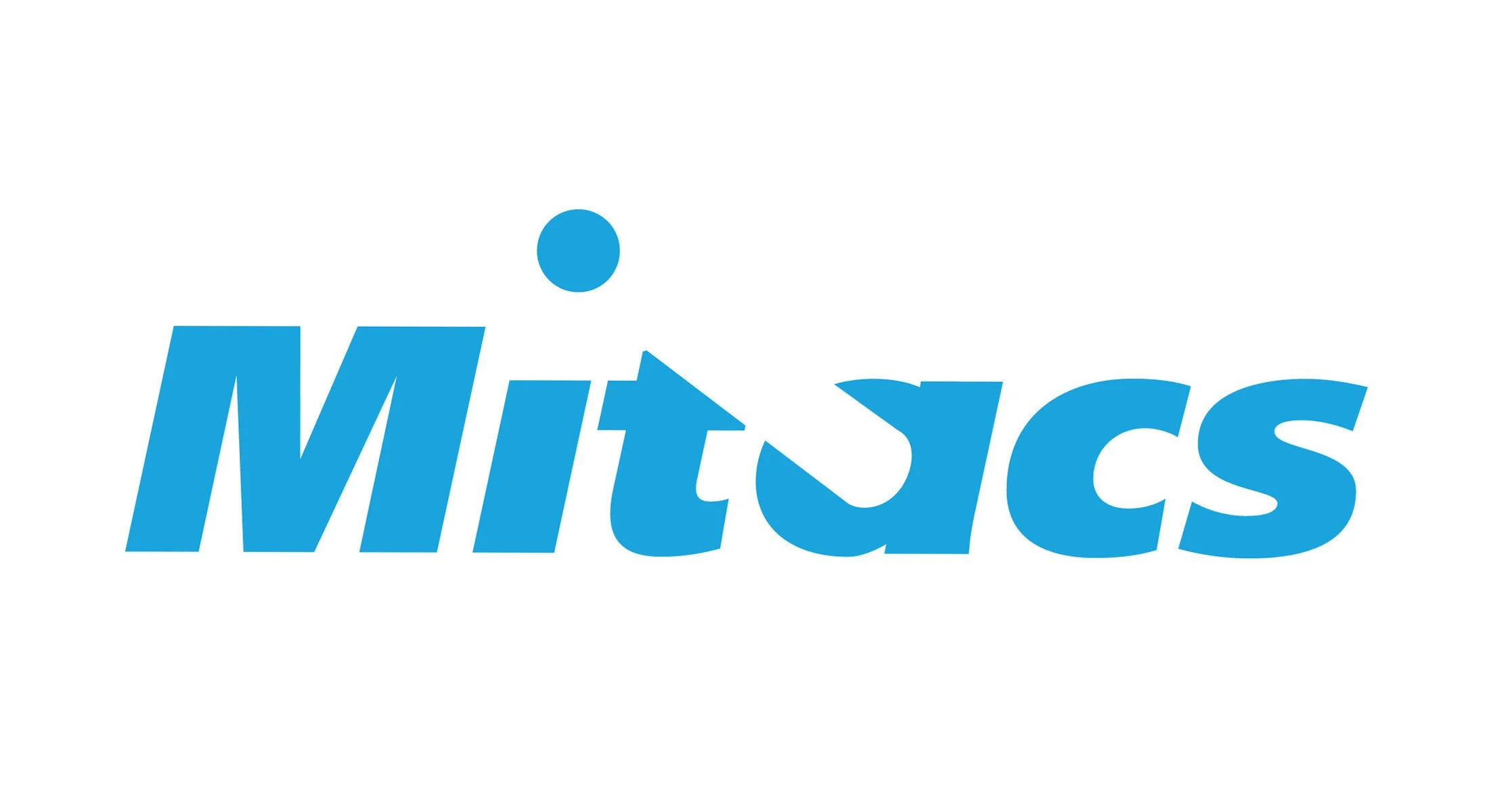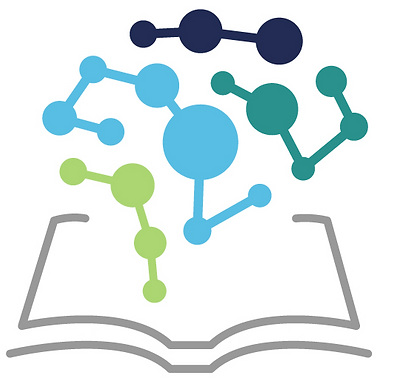
Online Resources
Recommended online and free resources are listed below that provide tools and learning modules specific to broad research and professional development skills including 1) Equity, Diversity, and Inclusion, 2) Knowledge Translation, 3) Statistics, 4) Patient Engagement, 5) Indigenous Relationship, 6) Research Ethics, 7) Data Management, 8) applicable Research Networks and Platforms, 9) Industry Partnerships and general professional development skills, 10) Entrepreneurship and Innovation.
Equity, Diversity, and Inclusion
Sex and Gender Training Modules
Interactive modules designed to help researchers and peer reviewers identify and assess the integration of sex and gender across multiple areas of health research.
Bias in Peer Review Training Module
Unconscious bias is an implicit, unintentional attitude or assumption that affects the way you think and act. This training module explains the various forms of unconscious bias, and provides you with useful strategies to detect and mitigate unconscious bias in your research and peer-review activities.
Implicit Bias Test
Use this resource to find out your implicit associations about race, gender, sexual orientation, exercise, anxiety, alcohol, eating, marijuana, and other topics!
Knowledge Translation and Science Communication
Knowledge Translation (KT) Canada: Seminar Series
KT Canada has developed and hosted the first, expert-led seminar series dedicated to current and emerging topics in KT. Recordings of all past sessions are available online, and contact information to register for the live sessions.
Knowledge Translation Planning Template
The Knowledge Translation Planning Template supports comprehensive knowledge translation (KT) planning. The Template is universally applicable across sectors. Working through the Template step by step will help you address the essential components of the KT planning process. For more info on KT planning, we recommend the RISE ENRICH module on Introduction to KT.
The Integrated Knowledge Translation Research Network (IKTRN): Casebooks
We can learn a lot about what works in integrated knowledge translation collaborations by documenting the experiences of researchers and knowledge users. The How We Work Together casebook series shines a light on what really happens in IKT projects. Five volumes of IKT casebooks are now available.
SciComm Seminar Series
The Quebec Bio-Imaging Network held a seminar series focused on science communication in 2021, with all recorded seminars available on their website. Topics include: accessibility and inclusivity in SciComm, Open Science and SciComm, writing for the public and freelance science journalism, SciComm through podcasting, data visualization – principles and tools, building trust in science, SciComm in French: reaching the local community, and alternative careers in SciComm.
Social Media Guide
The CCNA put together a social media guide (in both English and French) which introduces ways that academics can harness the power of social media. This guide includes some tips and tricks for increasing engagement on various platforms.
Michael Smith Health Research BC - KT Webinar Series
Michael Smith Health Research BC runs a webinar series on knowledge translation, and all previous recording are archived here.
Statistics
We would highly recommend you speak to your fellow team and lab mates to get help with statistical methods, but if you are looking for a bit extra in terms of course material, these resources can be highly useful.
OpenIntro Statistics
OpenIntro Statistics is a dynamic take on traditional curriculum. This online resource offers free access to instructional videos, labs, and case studies in applying statistics to your data sets. This includes resources that help get you set up with various statistical software, like R. Search for the “Base R” labs to get set up with some fundamental R characteristics.
Coursera
Coursera offers more than 5,800 courses, Professional Certificates, and degrees from world-class universities and companies - most of which can be taken for free. Search “statistics” and choose a course that is relevant for you.
R Programming Fundamentals
StandfordOnline offers free audit access to a number of courses. This course covers the basics of R: a free programming language and software environment used for statistical computing and graphics. R is widely used by data analysts, statisticians, and data scientists around the world. This course covers an introduction to R, from installation to basic statistical functions. You will learn to work with variable and external data sets, write functions, and hear from one of the co-creators of the R language, Robert Gentleman.
Patient Engagement
Engagement of People with Lived Experience of Dementia (EPLED) in Research References
This is a great list of resources relevant to researchers wanting to learn more about patient engagement and dementia-friendly research practices. Resources include language about dementia and plain language writing guides, patient engagement and dementia-friendly research practices, tools and guides for general patient engagement, and approaches to compensation and reimbursement. A few of these resources are listed below and are a great place to start.
Meaningful engagement of people living with dementia: Resource Guide
Meaningful engagement is a person-centred approach that encourages and invites people living with dementia to participate in an organization's work with purpose and interest. By practicing meaningful engagement, you can benefit from people living with dementia becoming more involved in your organization.
Patient-oriented research training
The Alberta SPOR SUPPORT Unit (AbSPORU) provides expertise, training and resources to increase Alberta’s capacity for patient-oriented research. AbSPORU offers training and events for researchers, patients, clinicians and health-system professionals, policy-makers, and students to increase their capacity in patient-oriented research and in Equity, Diversity and Inclusion (EDI). Offerings include studentships, conferences, webinars, eLearning modules, and online courses.
Patient-Researcher Partnerships
Patient-researcher partnerships are relatively new and may be challenging to navigate for all involved. This module contains information to help support patients, caregivers and researchers interested in learning about working collaboratively as partners on research projects. Patient-research partnerships can be beneficial in helping to identify priorities for what gets studied in research, and how. Results from research that engage patients and families are more likely to be relevant to patients’ needs and to improve patient care.
CIHR-IMHA Patient Engagement Resources and Training Modules
The Canadian Institutes of Health Research's (CIHR) Institute of Musculoskeletal Health and Arthritis (IMHA) has developed a set of online, self-directed, free modules applicable to any research where patient-partners are engaged, as well as a comprehensive list of online resources and tools that may be helpful in the process.
Validation Training Institute
The Validation Training Institute is a not for profit organization that advances knowledge, values, education and research rooted in the Validation Method. Its ultimate objective is to nurture respect, dignity and well being in the lives of older adults experiencing age related cognitive decline and their caregivers.
Indigenous Relationships
Indigenous Canada
Indigenous Canada is a Massive Open Online Course (MOOC) from the University of Alberta’s Faculty of Native Studies that explores Indigenous histories and contemporary issues in Canada. From an Indigenous perspective, this course explores key issues facing Indigenous peoples today from a historical and critical perspective highlighting national and local Indigenous-settler relations. Indigenous Canada is for students from faculties outside the Faculty of Native Studies with an interest in acquiring a basic familiarity with Indigenous/non-Indigenous relationships.
The First Nations Principles of OCAP
Information and training on working in partnership with Indigenous persons, including principles of ownership, control, access, and possession (OCAP).
Indigenous Community Research Partnerships
Indigenous Community Research Partnerships (ICRP) is an online open education training resource. It is designed to assist researchers who are new to research in partnerships with Inuit, Métis and First Nations (“Indigenous”) communities, or who are researchers-in-training, to: operationalize required regulatory policy requirements and research directives; ensure equitable inclusion of Indigenous and Western-oriented knowledge in research systems; and, in the case of Indigenous-specific enquiry, to privilege or give primacy to Indigenous ways of knowing and doing.
Research Involving First Nations, Inuit and Métis Peoples of Canada
This training module aims to increase your understanding of the various perspectives in research involving First Nations, Inuit and Métis communities. It illustrates how to conduct ethical research that respects and recognizes the cultural norms and needs of these communities.
Indigenous Research Level of Engagement Tool
The Indigenous Research Level of Engagement Tool (IRLET) aims to provide guidance to researchers and grant review committees who are involved in or are new to Indigenous research with guidelines on how to ensure a project proposal is being planned and executed in an appropriate manner.
Research Ethics
TCPS 2: CORE-2022 Course on Research Ethics
The Tri-Council Policy Statement: Ethical Conduct for Research Involving Humans (TCPS 2) provides ethics guidance that applies to all research involving human participants – including their data and/or biological materials – conducted under the auspices of an institution eligible for funding by the federal Agencies (CIHR, NSERC, SSHRC). The online tutorial CORE-2022 (Course on Research Ethics) is an introduction to the TCPS 2 for the research community. It focuses on the TCPS 2 ethics guidance that is applicable to all research involving human participants, regardless of discipline or methodology.
Data Management
Online Training on Data Handling Practices
The Ottawa Hospital Centre for Journalology, the University of Ottawa Heart Institute, and Compute Ontario have introduced four free modules for researchers to engage with to support data handling best practices.
CIHR Research Data Management learning module
CIHR has developed a learning module focusing on key themes, challenges, and considerations in research data management (RDM). This module includes information, tools and resources to support effective RDM practices.
Digital Research Alliance of Canada - Training Resources
The Alliance offers a range of training materials – everything from one-page guides to online training modules and videos – that span the research data life cycle. With the assistance of the National Training Expert Group, the Network of Experts continues to develop new bilingual training aids and online modules to support a community of practice for research data management.
Computing
ACENET - Universe of Supercomputing - Digital Resources, Expertise, Support & Training
ACENET offers accessible and flexible group and individual training (beginner to advanced), with a focus on customized learning events and regular core skill development opportunities. Explore regular course offerings and check Upcoming Training for current schedule. You can also see non-training events on the News & Events page. The Digital Research Alliance of Canada (the Alliance) and ACENET services are offered FREE to academic researchers and their groups. Any academic researcher from a Canadian post-secondary research institution, or those collaborating on Canadian research projects, who need access to supercomputing resources to support their research may apply for an Alliance account.
Research Networks and Platforms
The Canadian Open Neuroscience Platform
The Canadian Open Neuroscience Platform (CONP) provides an infrastructure for the promotion of open-science workflows and the sharing of neuroscience data. This platform brings together many of the country’s leading scientists in basic and clinical neuroscience to form an interactive network of collaborations in brain research, interdisciplinary student training, international partnership, clinical translation, and open publishing.
The Organization for Human Brain Mapping (OHBM)
The Organization for Human Brain Mapping (OHBM) is an international society dedicated to advancing the understanding of the anatomical and functional organization of the human brain using neuroimaging. A primary function of the society is to provide educational forums for the exchange of up-to-the-minute and groundbreaking research across neuroimaging methods and applications. OHBM achieves this through its member led committees and an Annual Meeting that is held in different locations throughout the world.
The Alzheimer's Association International Society to Advance Alzheimer's Research and Treatment (ISTAART)
Students are entitled to a free ISTAART membership to get involved in Professional Interest Areas (PIAs), get access to webinars, and more benefits.
Industry Partnerships and Professional Development
Mitacs
Mitacs Accelerate supports graduate and postdoctoral research internships with industry, and the Elevate program for industrial post-doctoral fellowships. Mitacs Training facilitates the development of professional skills and addresses the national ‘soft skills’ deficit through more than 250 workshops across the country annually. EDGE by Mitacs Training provides advance degree graduates and Mitacs program participants with access to courses that supplement their education and research experience with skills that are in-demand from today’s workforce.
Entrepreneurship and Innovation
Entrepreneurial toolkit and recorded sessions
McGill’s NeuroSphere provides a variety of resources to help innovators and entrepreneurs move their innovation from the idea stage to the market while building their entrepreneurial toolkit. Videos and templates are available online to help guide you through the process of commercialization, innovation, and entrepreneurship.
Neurotech course: learning how to translate and commercialize neurotechnology
This short-course on translating and commercializing neurotechnology was supported by the NIH Blueprint for Neuroscience Research and the Bakken Medical Devices Center. This is a comprehensive educational program designed to teach the fundamentals of bringing neurotechnology from preclinical to clinical to commercialization, and into the marketplace.
